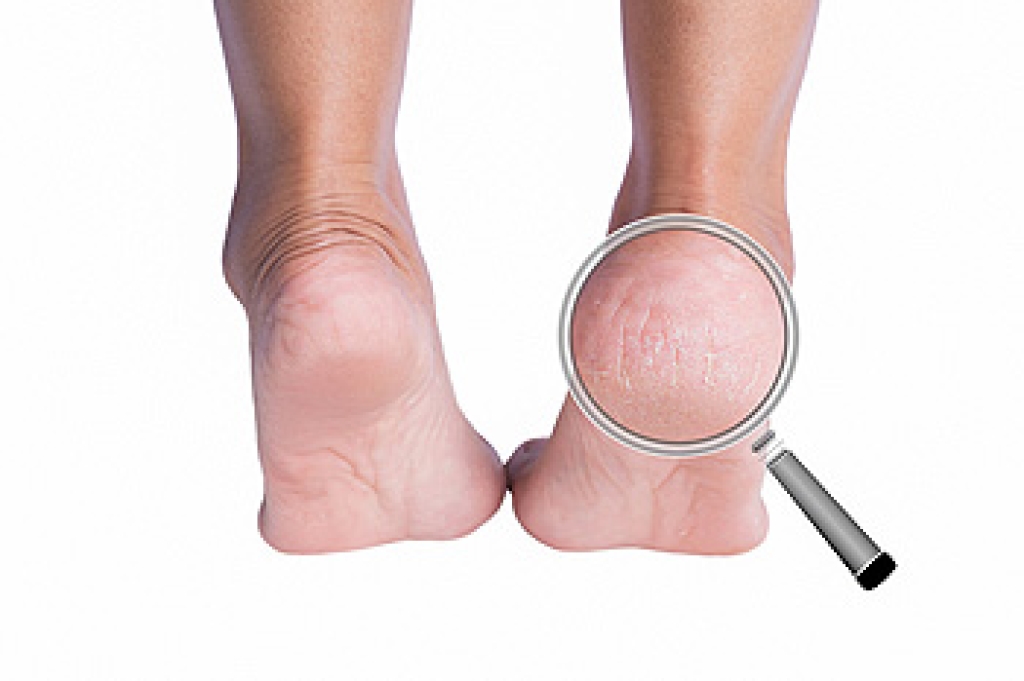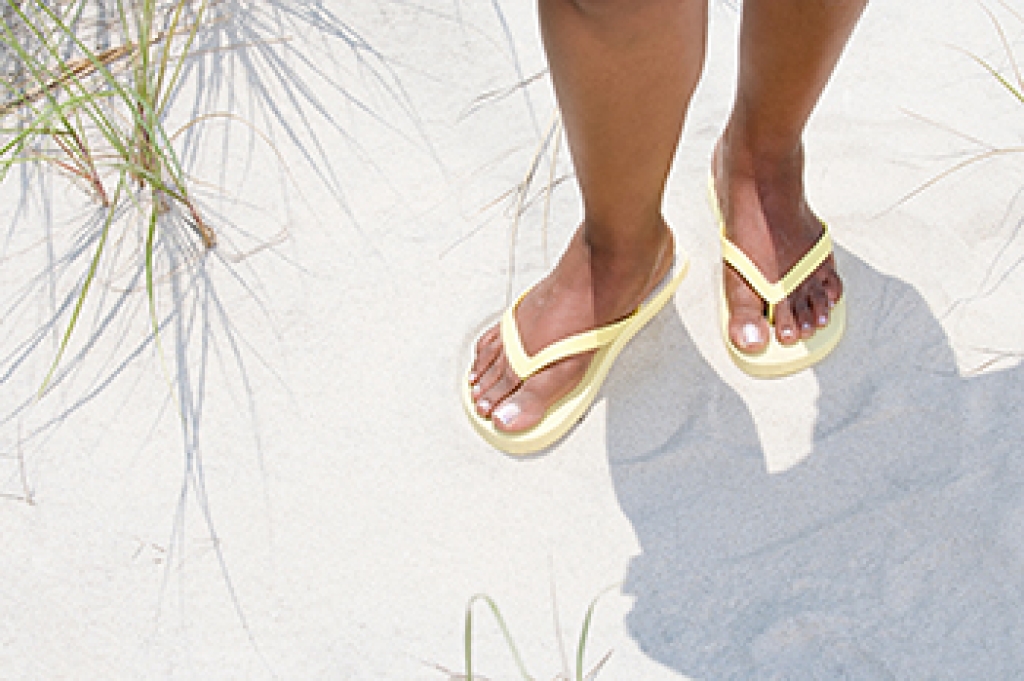 One of the most common complaints pregnant women have is swollen feet, and they can generally begin to feel uncomfortable as the pregnancy progresses. This can happen as a result of the growing fetus which can put pressure on specific areas of the body, and it can occur from an increase in fluids and blood. Many women have found mild relief when they can frequently elevate their feet, and it may help to perform gentle foot stretches throughout the day. Additionally, it is beneficial to limit sodium intake, and wearing compression stockings may help with persistent swelling. If you are pregnant, and would like more information about why your feet are swollen and additional relief methods, please consult with a podiatrist.
One of the most common complaints pregnant women have is swollen feet, and they can generally begin to feel uncomfortable as the pregnancy progresses. This can happen as a result of the growing fetus which can put pressure on specific areas of the body, and it can occur from an increase in fluids and blood. Many women have found mild relief when they can frequently elevate their feet, and it may help to perform gentle foot stretches throughout the day. Additionally, it is beneficial to limit sodium intake, and wearing compression stockings may help with persistent swelling. If you are pregnant, and would like more information about why your feet are swollen and additional relief methods, please consult with a podiatrist.
Pregnant women with swollen feet can be treated with a variety of different methods that are readily available. For more information about other cures for swollen feet during pregnancy, consult with Leonard Talarico, DPM from Georgia. Our doctor will attend to all of your foot and ankle needs.
What Foot Problems Can Arise During Pregnancy?
One problem that can occur is overpronation, which occurs when the arch of the foot flattens and tends to roll inward. This can cause pain and discomfort in your heels while you’re walking or even just standing up, trying to support your baby.
Another problem is edema, or swelling in the extremities. This often affects the feet during pregnancy but tends to occur in the later stages.
How Can I Keep My Feet Healthy During Pregnancy?
- Wearing orthotics can provide extra support for the feet and help distribute weight evenly
- Minimize the amount of time spent walking barefoot
- Wear shoes with good arch support
- Wear shoes that allow for good circulation to the feet
- Elevate feet if you experience swelling
- Massage your feet
- Get regular, light exercise, such as walking, to promote blood circulation to the feet
If you have any questions, please feel free to contact our office located in Pooler, GA . We offer the newest diagnostic and treatment technologies for all your foot care needs.



